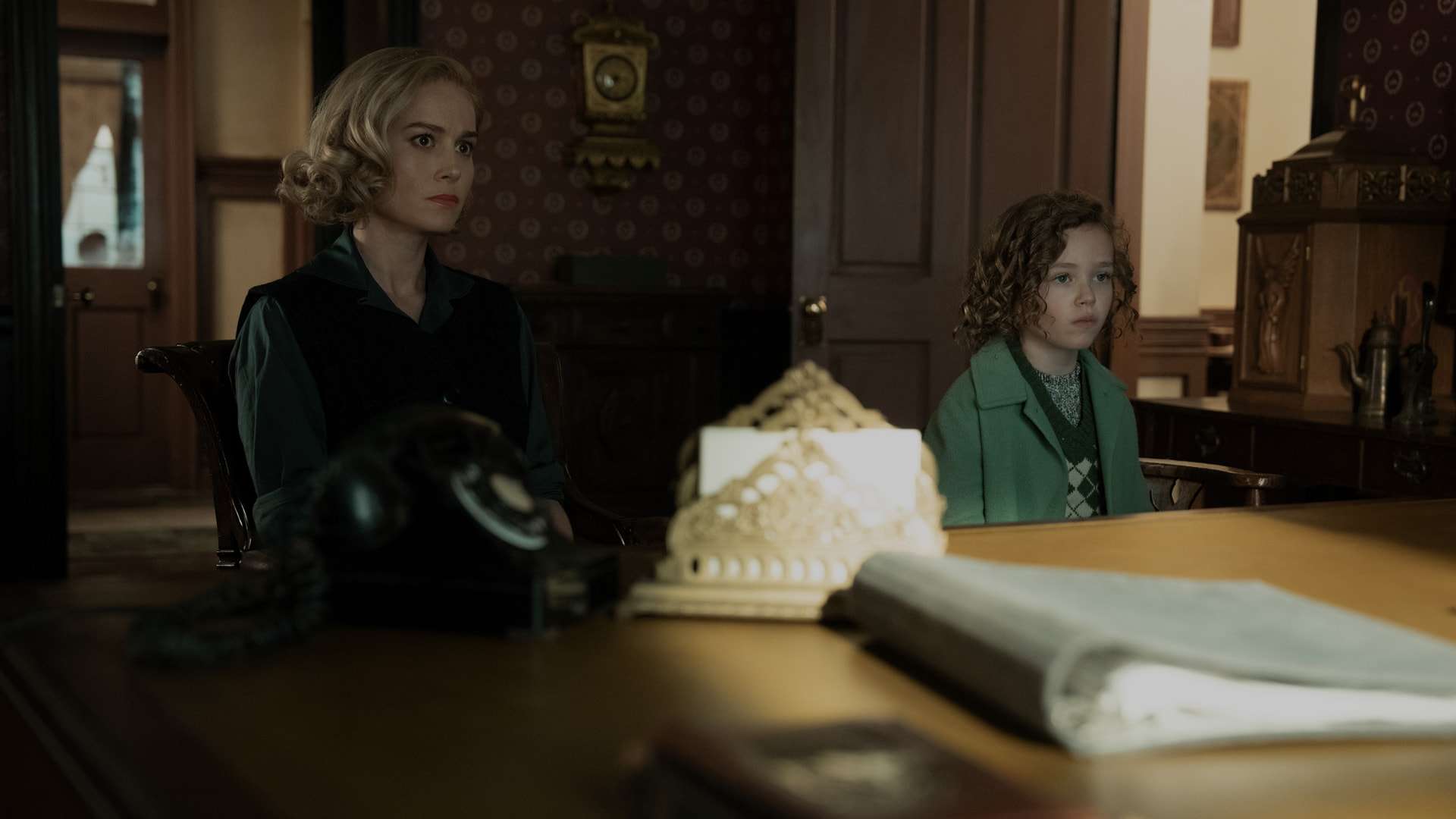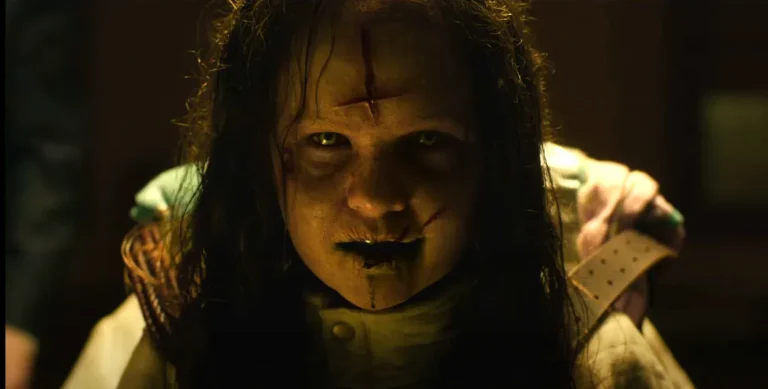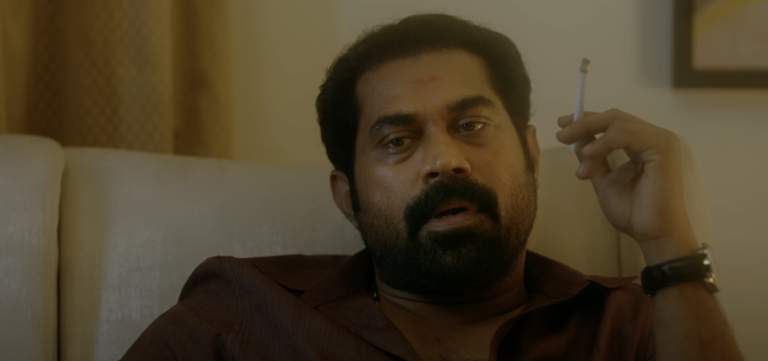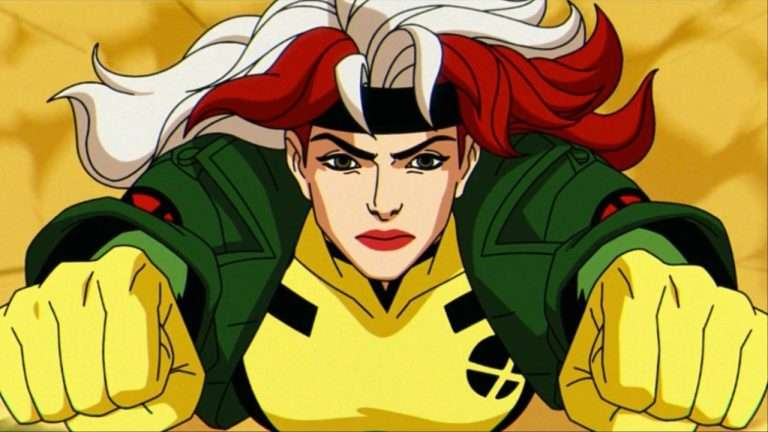A quick behind-the-scenes sneak peek: writing a recap becomes infinitely tougher for any form of media, especially if one focuses on recaps with diligence. The details sometimes become the only point of contact between sheer boredom and the actual judgment of the quality of a show. But then comes an episode or a movie so transcendentally good that writing about it stops being a chore and instead becomes an outlet for me to express my own feelings. While episode 7 of “Lessons in Chemistry” isn’t a masterpiece by any stretch, it is, however, a sorely needed episode of emotional catharsis brought about by finally opening up the history of Calvin Evans and thus one of the stronger performances of the show (Lewis Pullman) being allowed to bloom.
Lessons in Chemistry Episode 7 “The Book of Calvin” Recap:
As the episode opens in 1930, with the story shifted to St. Luke’s, we bear witness to the young, curious, and yet lonely Calvin Ellis. A precocious young man whose parents had abandoned him at St. Luke’s orphanage, there is a striking scene where we see the kids in the classroom perk up their ears in attention whenever adults come to adopt a child. We also see the young Calvin reading a chemistry book hidden in the book of Bible studies. But his love of practical chemistry stemmed from St. Luke making bootlegged moonshine out of makeshift stills under the supervision of young Calvin Ellis.
Based on the number of crates secretly being shipped off through trucks shipping candles, one can imagine Ellis’ talents not going to waste. His talent is held in high regard by the priest involved in the supervision of the moonshine, such that when Calvin finally sees a rich man dismounting from a Cadillac and somehow realizes that this is his father, the priest chooses to break his bubble. He doesn’t want Calvin to go back to them, revealing that the man doesn’t want him anymore and living with that brokenness would be better off.
Perhaps that is why Calvin’s anti-social behavior, his searing anger against the world, and his choice to devote himself completely to science make sense. Science demands structure and focus, and Ellis is more than happy to devote himself completely to that life. That comes at the cost of realizing that not all his peers share the same form of passion and zest for scientific acumen, including Donatti. Rather, the lure of the Ramsen Foundation is more important, which is why Donnati is sidelined in favor of Evans. No wonder Donnati had envy for him.
The interesting wrinkle here, which works in countering this plot thread as a plot contrivance because of how emotionally cathartic it becomes, is how Wakely first listens to Evans’ theory of the origin of life on Earth or, rather, his search for the missing pieces. Wakely writes a letter to Evans, suggesting that the missing piece might be the divine element, which is unexplained. But Evans, instead of throwing his suggestions away as hogwash, chooses to counter them with logic and stand by his own opinions.
What results throughout the show is the witnessing of the rise of a friendship between a man of science and a man of faith, borne out of mutual respect and their shared love of debating the merits and demerits of science and faith. We understand that the friendship focuses significantly when Wakely, in one of his later letters, reveals that his father has cancer, and Evans sends him a research paper on medicines responsible for inducing remissions in cancer patients, or, as we now know, chemotherapy. He does apologize for overstepping. However, as we witness, we see Wakely, too, embracing the openness towards scientific thought, managing to introduce a sense of balance into an already intelligent mind that prefers Agatha Christie over the Bible.
We also get the scene that Harriet had described to Elizabeth—the first meeting of Calvin Evans by Harriet and Charlie Sloane—as they cross the road with an apple pie to welcome their neighbor and are impressed by the sound of a Charlie Parker track and confused at realizing that it’s a white man with questionable dance moves. But what makes Calvin Evans stand out to the Sloanes is not his indifference towards social norms. But rather how he chooses to treat Harriet as an equal, giving her the fan letters that had been sent with alarming regularity to Evans after a photoshoot and an interview with Scientific American.
Harriet’s response, to write an individual cease-and-desist letter, might be lazily written to show off her legal skills. Still, it does work in context here in showing Calvin Evans as the rare man of the 1960s to look at a woman beyond her gender-defined roles (I suppose).

To that end, the episode’s strength ultimately lies in recontextualizing the moments shared between Elizabeth and Calvin in the first two episodes, but from the perspective of Calvin. Both Pullman’s acting and his voiceover of Calvin, as he describes in his letter his feelings for Elizabeth, bringing about a fundamental change in his life choices, are heartwarming and endearing. We are given scenes where he is teaching her erging, finally revealing how Elizabeth had been able to practice so efficiently and become a pro at rowing so quickly. We also see a scene of Calvin trying unsuccessfully to buy an engagement ring for Elizabeth. Taking the advice from the shopkeeper, he chooses a ring that encompasses Elizabeth for him—not simple, but appreciating simplicity and practicality.
It makes Ellis supremely important in giving Elizabeth Zott an emotional texture beyond what has been shown in the previous episodes. And it also gives Ellis a bit more vulnerability. His being tense about the marriage proposal leads to him lashing at the fan letters delivered to him, which leads to the quarrel between the two of them and the resulting silent treatment until Ellis finally returns home and reveals to her the trauma of his past. It’s heartfelt and harrowing, and it gives weight to the chemistry between these two characters.
Perhaps hilariously, it makes you hate the dog Six-Thirty even more because you are now cognizant of what Ellis had been thinking before his untimely death. It does make you hate the placement of the Six-Thirty episode because, almost immediately after Ellis’ death, this episode would have been a perfect gut punch of a continuation. This episode comes just a little too late, but it is still head and shoulders above in terms of quality.
Lessons in Chemistry Episode 7 Ending Explained:
As the show shifts to the present day, we see Wakely visiting the Zott’s, gifting them the letters he had received from Calvin Evans. Elizabeth is justifiably reticent about her daughter being introduced to people she can’t trust, to which Wakely points out that she doesn’t trust unknown variables. Elizabeth remarks jokingly that Calvin did rub off on him, to which Wakely says that they both rubbed off on each other. In a way, Calvin managed to make Wakely a better person because a scientist and a priest could only be friends together by trying to answer the questions instead of forcing down their preconceived ones.
However, for a show about chemistry, “Lessons in Chemistry” is beginning to feel like a show responding to coincidence as a form of organic chemistry of fateful elements falling into place. The meeting that Elizabeth and Madd have with the headmaster of St. Luke’s is funny because of Madd’s seriousness, but it works in a larger context because it allows Mad to go beyond tempering her expectations, unlike what her mother wanted.
The chemistry between the mother and the daughter, the mother’s belief in her daughter’s affirmation that there must be remaining proof of her father’s existence that hasn’t been burned by fire, leads them to search in the library, where a library card of a book published by the Remsen Foundation, which has Evans’ name, finally connects them as well as the show to the initial short-term conceit of this story—to attain the Remsen grant. Is that chemistry, coincidence, or just luck?








![T for Taj Mahal [2019]: ‘Jagran Film Festival’ Review – A Sisyphean struggle to provide education](https://79468c92.delivery.rocketcdn.me/wp-content/uploads/2019/09/T-For-Tajmahal-768x403.jpg)
